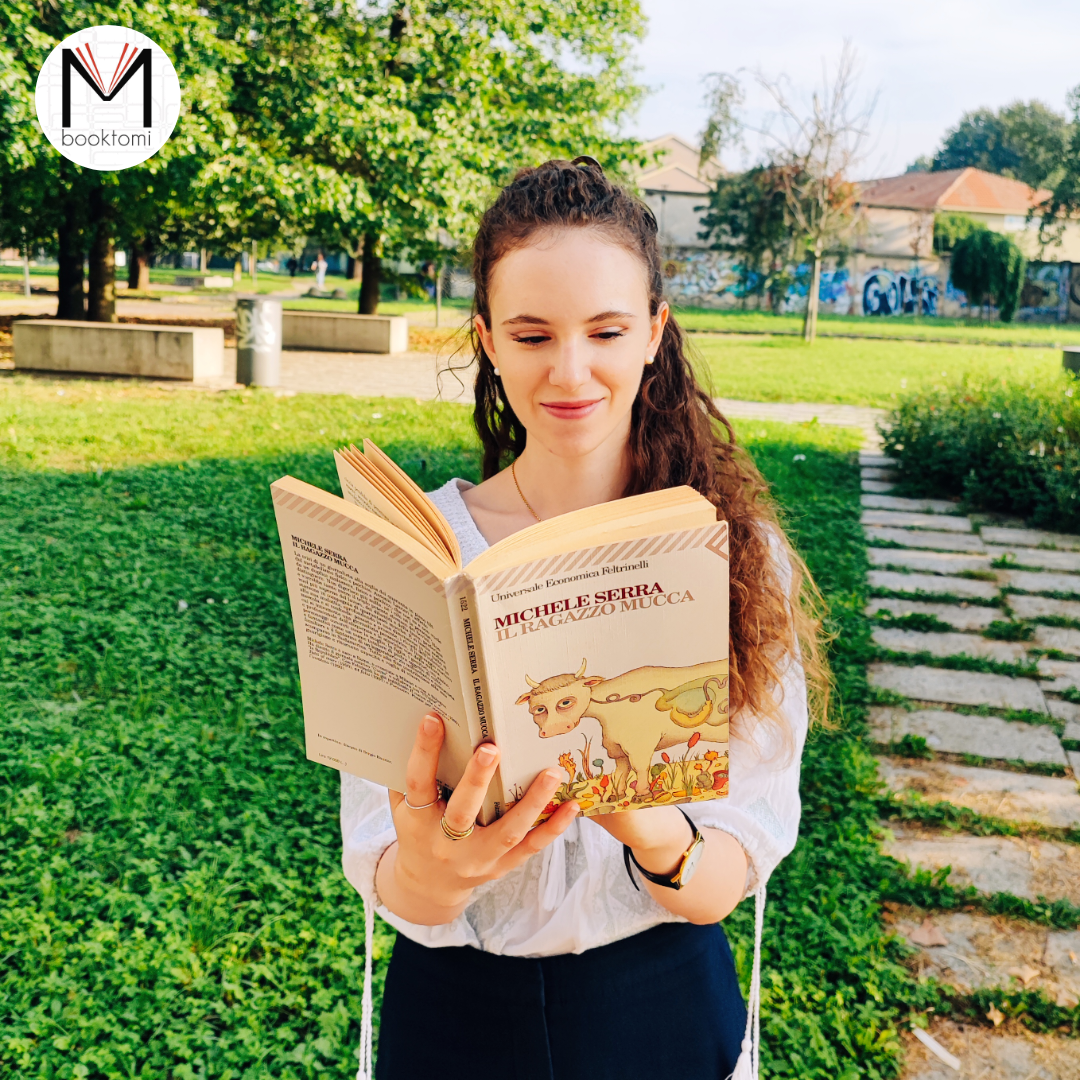“Life, after one dies, is called memory.”
A book that is at times autobiographical (at least this is our feeling) in which the author’s pen is appreciated more than the story. The writing is a pleasure on the palate, almost a sin of gluttony, which makes you want to read again and again, but after all, knowing the stylistic register of the writer, we would have been surprised otherwise. Advice for teachers: although well written, some excerpts of the text could be read at school for analysis.
Antonio Lantieri is a journalist, a left-wing intellectual, who directs the newspaper that he himself founded. Afflicted by a dual malaise in body and mind, he seeks refuge in the family’s country house. Here, in addition to rediscovering the secure affections of his parents, wife and daughter, he rediscovers part of himself, and manages to give a well-defined physiognomy to the evil that envelops him.
The setting is Italian and contemporary, perhaps it would be better to say the nineties at the end of the millennium, where politics is poisoned by new forms of vulgarity, which would then explode over the decades, with the sole intent of discrediting the opponent not on the merit of political claims, but on slander and a simplification of the problems.
Antonio’s physical discomfort is reported as the inability to digest any food, almost like a cow, except that man is not made to ruminate. The evil of the soul, however, is what leads him to ask himself what is the meaning of his life, of his work as a journalist and what is his contribution to the world. The search for truth? but what really is the truth, which nuance of reality can be defined as truth, and which is fiction?
We really liked the part of the story dedicated to the story of uncle Siro. A secondary character with a strength of mind that in our opinion could open the doors to a story in its own right, such as the story of a family story, a saga with eternal horizons. Although the book ends with the discovery of Uncle Siro’s body in Argentina, we would like to read more about him, about what he did and thought during his life.
_____________________________________________________________________________________________________
Michele Serra, Il ragazzo mucca, Feltrinelli, Milano, 1997



